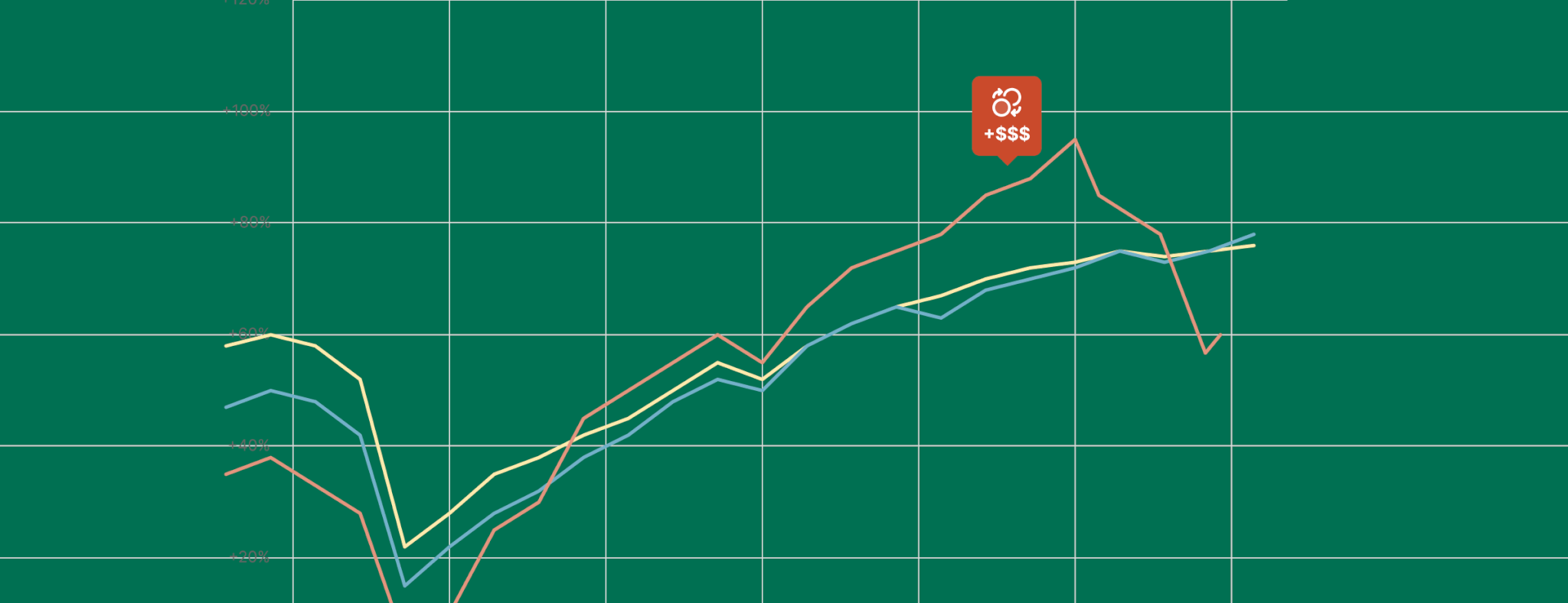Ethical lapses in management are so much more than bad PR. They have real consequences for employees, investors, and the public. Scandals can erode trust, trigger legal repercussions, and cause lasting damage to an organization’s reputation. But the worst part? Many of these failures were preventable.
Understanding past failures isn’t just an academic exercise — it’s an essential tool for recognizing warning signs before they escalate into full-blown crises. What patterns emerge when organizations sideline compliance? How do corporate cultures foster unethical behavior? And what can be done to ensure compliance functions as a safeguard rather than a box-checking exercise?
To help you sharpen your risk radar, let’s examine five real-world ethical failures in management, breaking down what went wrong and the lessons compliance teams can take away.
1. Volkswagen’s emissions scandal (2015)
It started with a promise: Volkswagen was going to lead the industry in “clean diesel.” Consumers believed they were purchasing environmentally friendly vehicles, and regulators trusted that VW was playing by the rules. But behind the scenes, engineers had installed software that allowed diesel engines to cheat emissions tests. On paper, these cars met stringent environmental standards, but on the road, they spewed pollution at levels up to 40 times the legal limit.
When the truth came out, the repercussions were severe. Volkswagen faced billions in fines, multiple executives were prosecuted, and the company’s stock value plummeted. More importantly, the scandal highlighted a corporate culture where compliance concerns were systematically ignored in favor of short-term market gains. Employees knew about the deception, but a lack of internal accountability and fear of retaliation stifled dissent.
Manager takeaway:
As a middle manager, you set the tone for ethical behavior within your team. Encourage open discussions about ethical concerns, support employees who raise red flags, and ensure that compliance issues are escalated appropriately. Your ability to challenge unethical directives can prevent small issues from becoming major scandals.
2. Wells Fargo’s fake accounts scandal (2016)
At the heart of the Wells Fargo scandal was an aggressive sales culture that prioritized unrealistic targets over ethical conduct. Under immense pressure, employees created millions of unauthorized customer accounts to meet their quotas.
Despite early warning signs — internal complaints, customer grievances, and even regulator inquiries — the leadership failed to act. Instead, the culture of intimidation and performance-driven incentives led to systemic fraud, which persisted for years before being exposed. Once the misconduct was revealed, Wells Fargo paid billions in fines, faced regulatory restrictions, and underwent a complete leadership overhaul.
Manager takeaway:
As a manager, be mindful of the pressure your team faces. Ensure that performance goals are achievable without incentivizing unethical behavior. Listen to employees’ concerns about unrealistic targets and push back on directives that could encourage dishonesty. Ethical leadership means balancing performance expectations with integrity.
3. Theranos’ fraudulent practices (2015-2018)
Theranos was once the darling of Silicon Valley, with its founder, Elizabeth Holmes, promising a medical revolution. The company claimed it had developed a device capable of running hundreds of diagnostic tests with just a few drops of blood. Investors poured in billions, and regulators were slow to scrutinize the too-good-to-be-true claims.
But here's the thing: the technology never worked. Employees who raised concerns about inaccurate test results were dismissed, silenced, or retaliated against. Even as patients received misleading medical information, the leadership doubled down on deception. When the fraud was exposed, Holmes and her top executives faced criminal charges, and the company collapsed.
Manager takeaway:
Transparency matters. If you notice discrepancies between what leadership claims and what your team is experiencing, speak up. Encourage evidence-based decision-making and ensure that concerns about accuracy and feasibility are taken seriously. Suppressing bad news never leads to good outcomes.
4. Boeing 737 MAX crisis (2018-2019)
Boeing’s reputation for safety and engineering excellence took a devastating hit when its 737 MAX aircraft was involved in two fatal crashes. Investigations revealed that Boeing had prioritized speed to market over rigorous safety checks, downplaying critical risks associated with the MCAS software.
Internal documents later showed that employees had raised concerns about the rushed development process and potential safety flaws, but these warnings were ignored in favor of cost-cutting and competitive advantage. The result was a global grounding of the aircraft, billions in losses, and a shattered reputation, even spawning a new slogan: "If it's Boeing, I ain't going."
Manager takeaway:
Never ignore safety concerns. As a manager, you have a responsibility to ensure that operational risks are identified and addressed. Advocate for thorough testing, support employees who raise safety issues, and push back against unrealistic deadlines that compromise quality.
5. Uber’s toxic corporate culture (2017)
Uber’s meteoric rise came at a cost—a workplace culture that allowed harassment, discrimination, and unethical behavior to thrive. Employees who reported misconduct often faced retaliation, and HR was complicit in shielding perpetrators rather than enforcing ethical policies.
The toxic culture was exposed when former employee Susan Fowler wrote a blog post detailing systemic harassment and HR’s failure to address complaints. The public outcry led to executive resignations, widespread policy changes, and a complete overhaul of Uber’s workplace culture.
Manager takeaway:
Culture starts with leadership — including middle management. Foster an environment where employees feel safe reporting concerns. Take complaints seriously, support victims of misconduct, and ensure that ethical behavior is rewarded. Toxic cultures don’t change overnight, but your management style can make a difference.
The bottom line
These cases reinforce a critical truth: ethical failures don’t happen overnight. They often stem from ignored warning signs, weak compliance oversight, and a culture that prioritizes profits over principles. Compliance professionals must take an active role in identifying risks, fostering ethical leadership, and ensuring that company values aren’t just words on a website but a real, lived experience for employees at every level.









